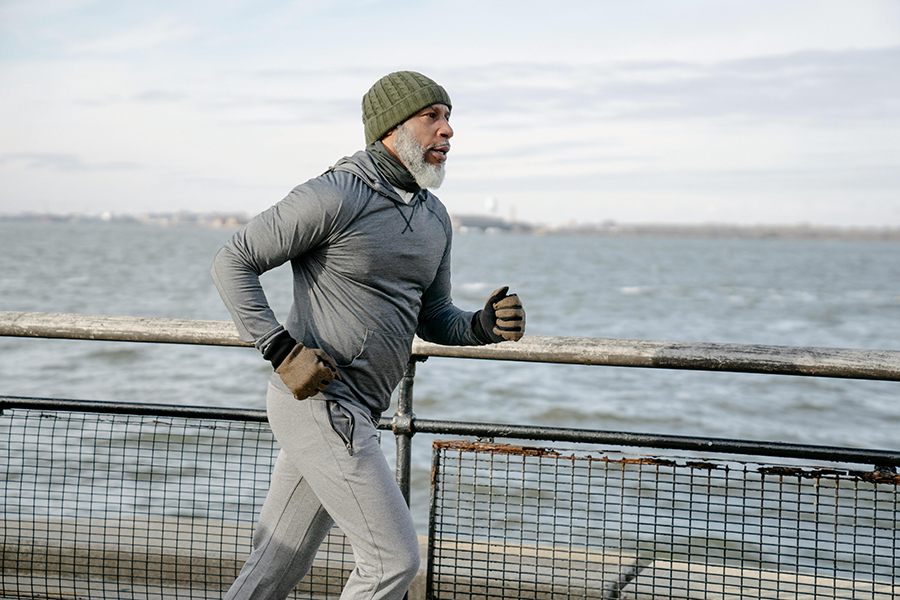Monitor and protect your health with these routine screenings.

As we age, our health and wellness become more important than ever. Aging can bring an increased risk of certain health conditions, so practicing preventative medicine and staying on top of your health screenings is a smart choice.
Here are a few recommended health screenings for seniors to schedule as you get older:
- Blood pressure checks
- Colonoscopies
- Bone density scans
- Mental health checks
- Hearing screenings
As with anything related to your health, please discuss concerns and questions with your doctor to establish the best course of care. Keep reading to learn more about these essential health screenings for seniors!
Blood pressure checks
High blood pressure can often fall off of people’s health radar because of its lack of noticeable symptoms and the fact that you can feel completely healthy even with severe hypertension. Blood pressure changes throughout the day based on your activity level, so it’s a good idea to establish a baseline with an annual screening and discuss your lifestyle and diet with your doctor.
If you’re diagnosed with hypertension, your doctor may also suggest monitoring your blood pressure at home. Hypertension is sometimes a red flag for other cardiovascular conditions, so it’s a useful, non-invasive screening to start with.
Colonoscopies
A colonoscopy may not be the most fun of the health screenings, but it is arguably one of the most important. According to the Mayo Clinic, colorectal cancer is the second leading cause of death from cancer in the United States. According to the American Cancer Society, there are two types of colonoscopies, a sensitive test that looks for signs of cancer in a person’s stool (a stool-based test), or an exam that looks at the colon and rectum (a visual exam). Depending on your age and risk level, your doctor will know which test is right for you.
Bone density scans
From ages 25-30, our bones reach their maximum density and strength, referred to as our peak bone mass. Throughout adulthood, our bones remain strong, but they become more brittle and prone to breaking as we get older. The National Osteoporosis Foundation recommends a bone density test if you are a woman over 65 or a man over 70.
Mental health checks
Taking a “whole body” approach to health becomes even more critical as we age — for both our physical and mental health. Getting older can come with physical problems that can be easy to diagnose; however, it’s often more challenging to accurately understand and recognize the symptoms associated with mental health struggles.
A recent study from the American Journal of Geriatric Psychiatry found that “27% of older adults assessed by aging service providers met the criteria for a diagnosis of major depression, and 31% had symptoms of depression that didn’t qualify as a diagnosable disorder, but significantly impacted their lives.” If you’re experiencing a loss of interest in hobbies, trouble sleeping, or other symptoms, talk to your doctor.
Hearing screenings
Hearing loss can be among the first signs of aging. If you’re noticing that you’re having trouble hearing conversations or everyday sounds or asking people to repeat themselves, ask your healthcare provider for a hearing loss screening.
If you do have hearing loss, regular screenings will be essential to track your level of hearing loss and inform your provider of what types of treatment may be available. Fortunately, advancements in technology have made hearing loss very manageable. Hearing aids are smaller and more powerful than ever, there are a myriad of assistive devices to choose from, and easy-to-use services like CapTel make telephone calls a breeze.
Keep reading the CapTel blog for more information on hearing loss and health and wellness for seniors!


